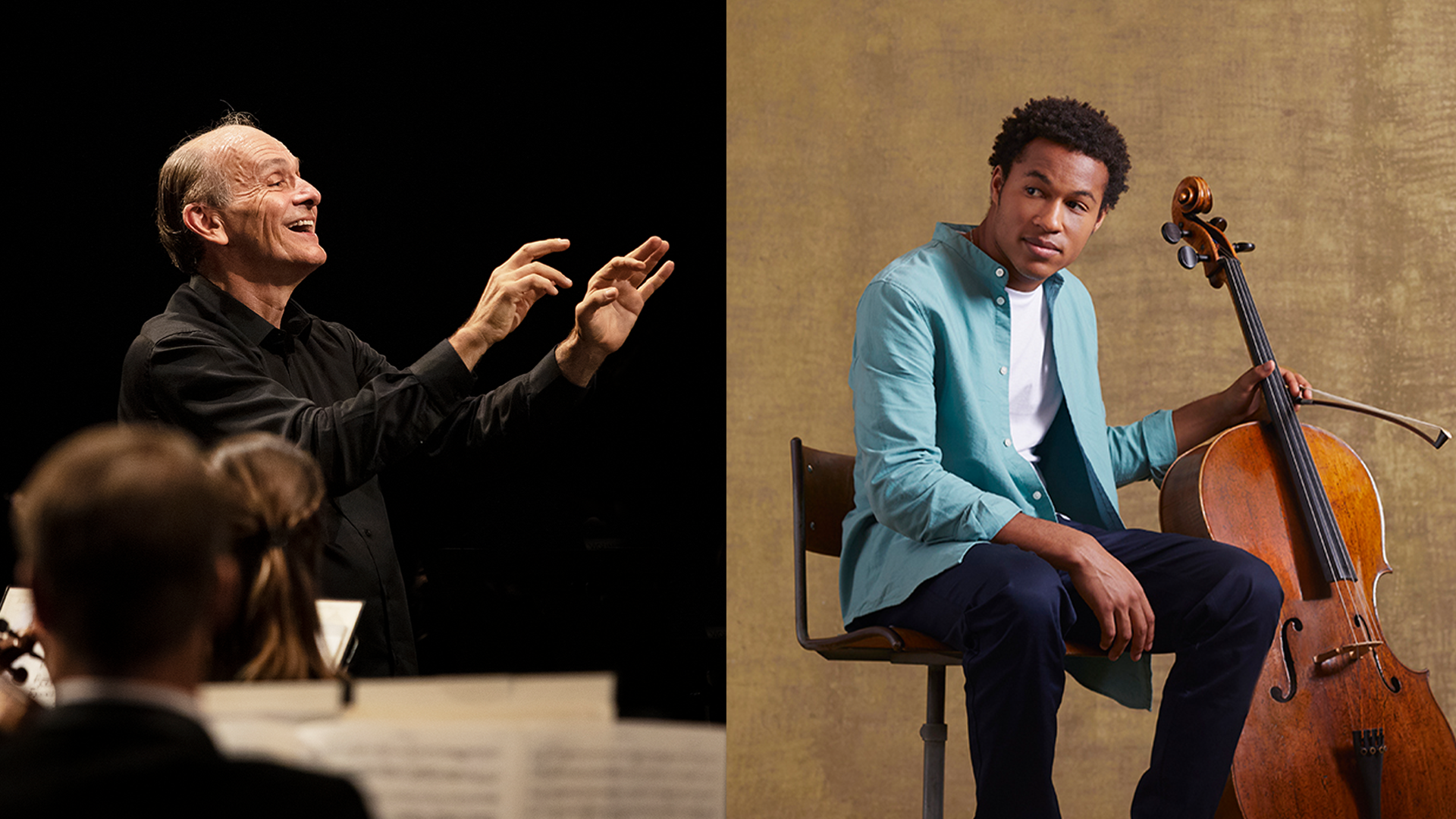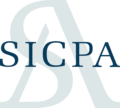
VFCO / TAKÁCS-NAGY / KANNEH-MASON
Programme
JOHANNES BRAHMS (1833–1897)
Tragic Overture Op. 81
EDWARD ELGAR (1857–1934)
Cello Concerto in E minor Op. 85
Interval
ROBERT SCHUMANN (1810–1856)
Symphony No. 3 in E-flat major Op. 97 ‘Rhenish’
Distribution
- VERBIER FESTIVAL CHAMBER ORCHESTRA
- Gábor Takács-Nagy conductor
- Sheku Kanneh-Mason cello
According to Brahms, the title of his Tragic Overture, composed in the summer of 1880, refers simply to its dark D minor drama. Cast as two turbulent outer sections surrounding a quietly poignant centre, it opens with two defiant chordal shouts, after which the main theme is intoned by unison strings, answered by a dotted march motif. These, along with a rushing triplet idea and brief major-keyed calm, provide the material for much of the rest.
The darkness of Elgar’s Cello Concerto is perhaps more connected to extra-musical events, composed as it was in 1919, off the back of World War One, and during Elgar’s beloved wife’s final illness. It opens with a solitary outpouring of emotion from solo cello, eventually overtaken by a flowing, lyrical theme from violas. The mood lifts for the central section, but only briefly. After a reprise of the flowing theme, the second movement begins without a break, the cello tensely alternating between pizzicato and nervous bowed statements, before lighter Scherzo-like music. A profound Adagio follows. The Finale has its upbeat moments, but eventually the cello reintroduces its very first anguished phrase, and the music swiftly builds to a despairing climax.
Schumann composed his warmly optimistic Rhenish Symphony No 3 over a mere 5 weeks at the end of 1850, the same year as his cello concerto, just after moving to Düsseldorf to become city Music Director. An energetic first movement leads to a sunnily rocking Scherzo originally titled Morning on the Rhine. A lyrical slow movement then precedes the majestic, brass-coloured fourth, inspired by visiting newly-built Cologne Cathedral, and originally titled ‘In the character of an accompaniment to a solemn ceremony,’ before being shortened to ‘Feierlich’ or ‘solemn’. The Finale brings things to a buoyantly rhythmic, ebullient conclusion.
Presented by

with the generous support of